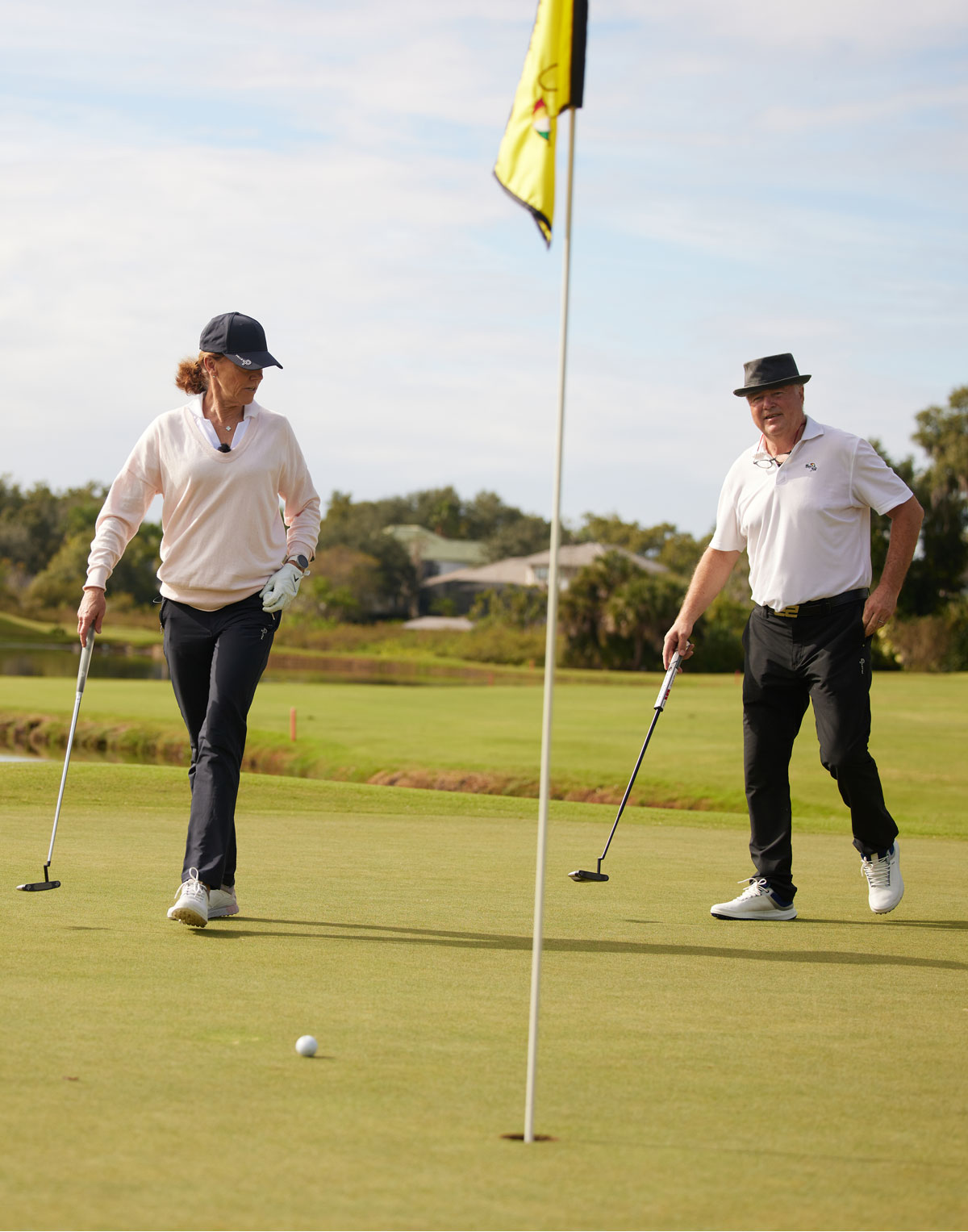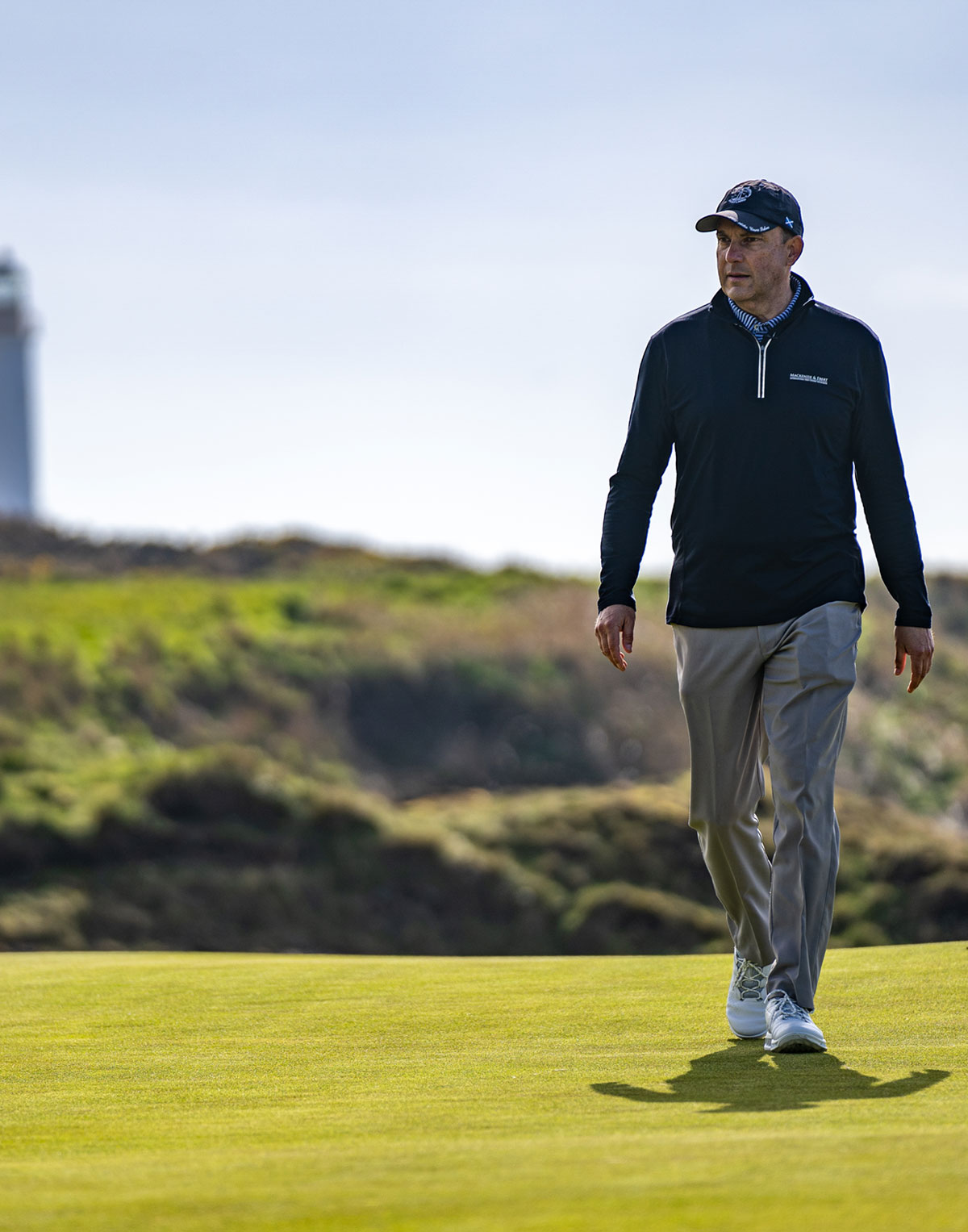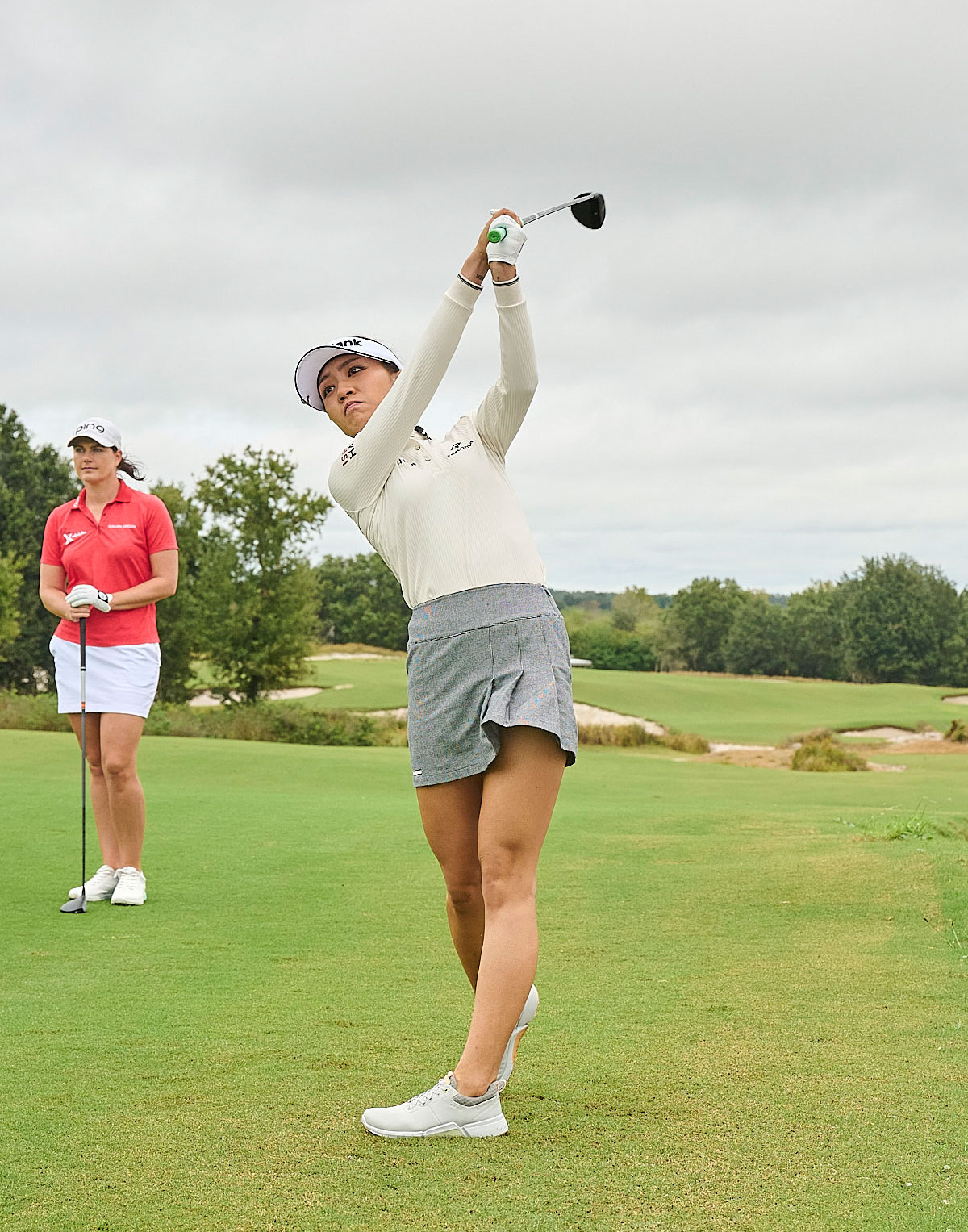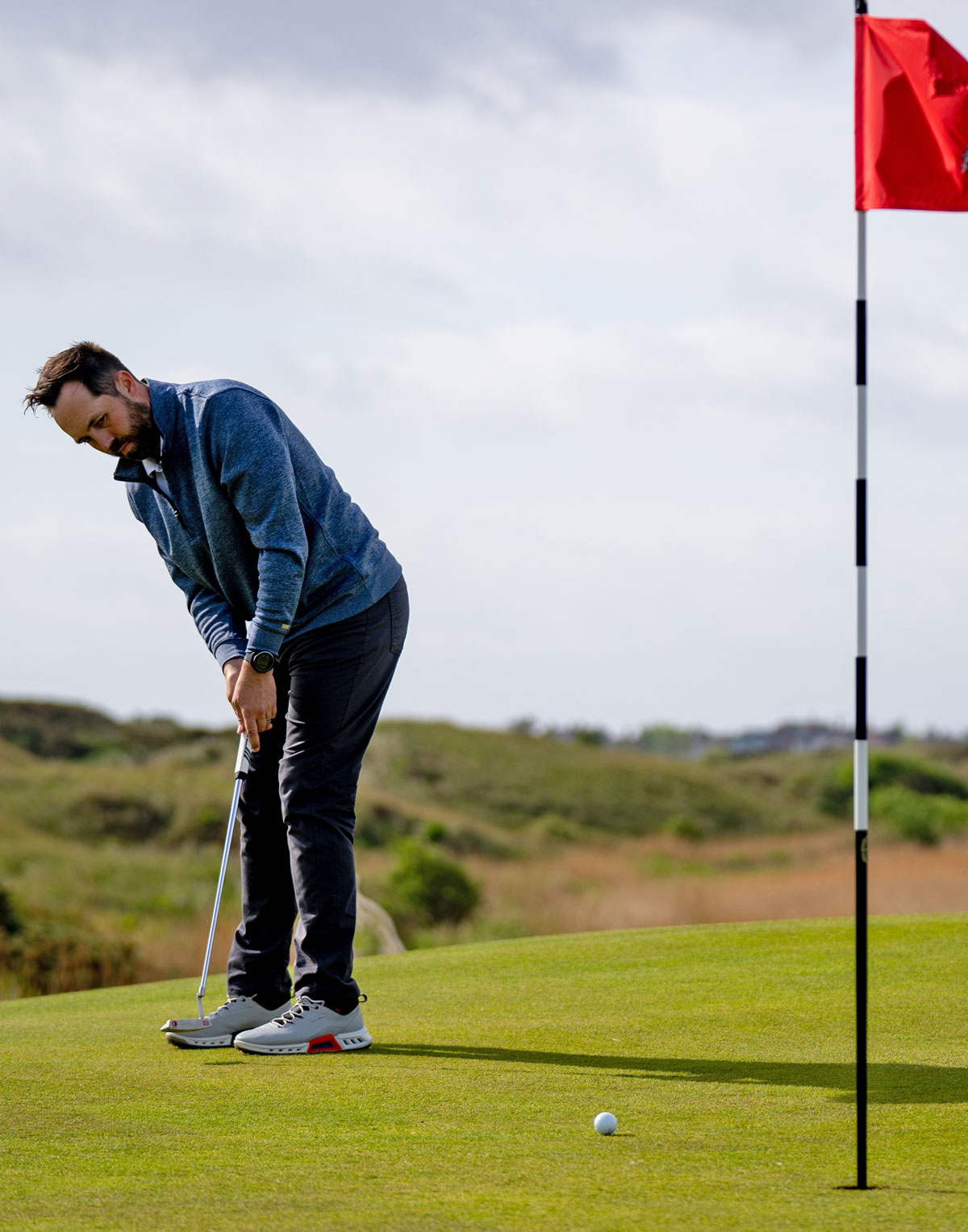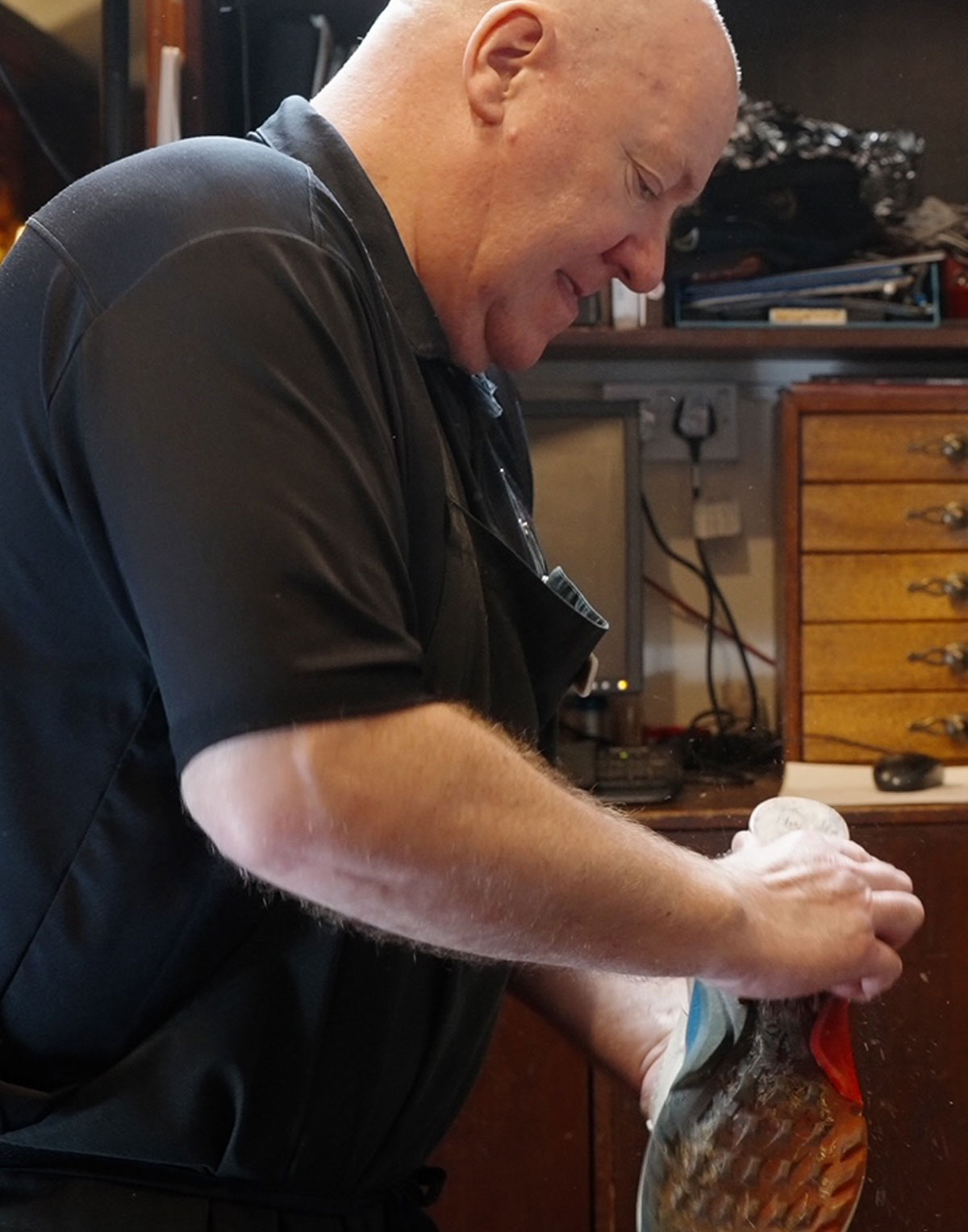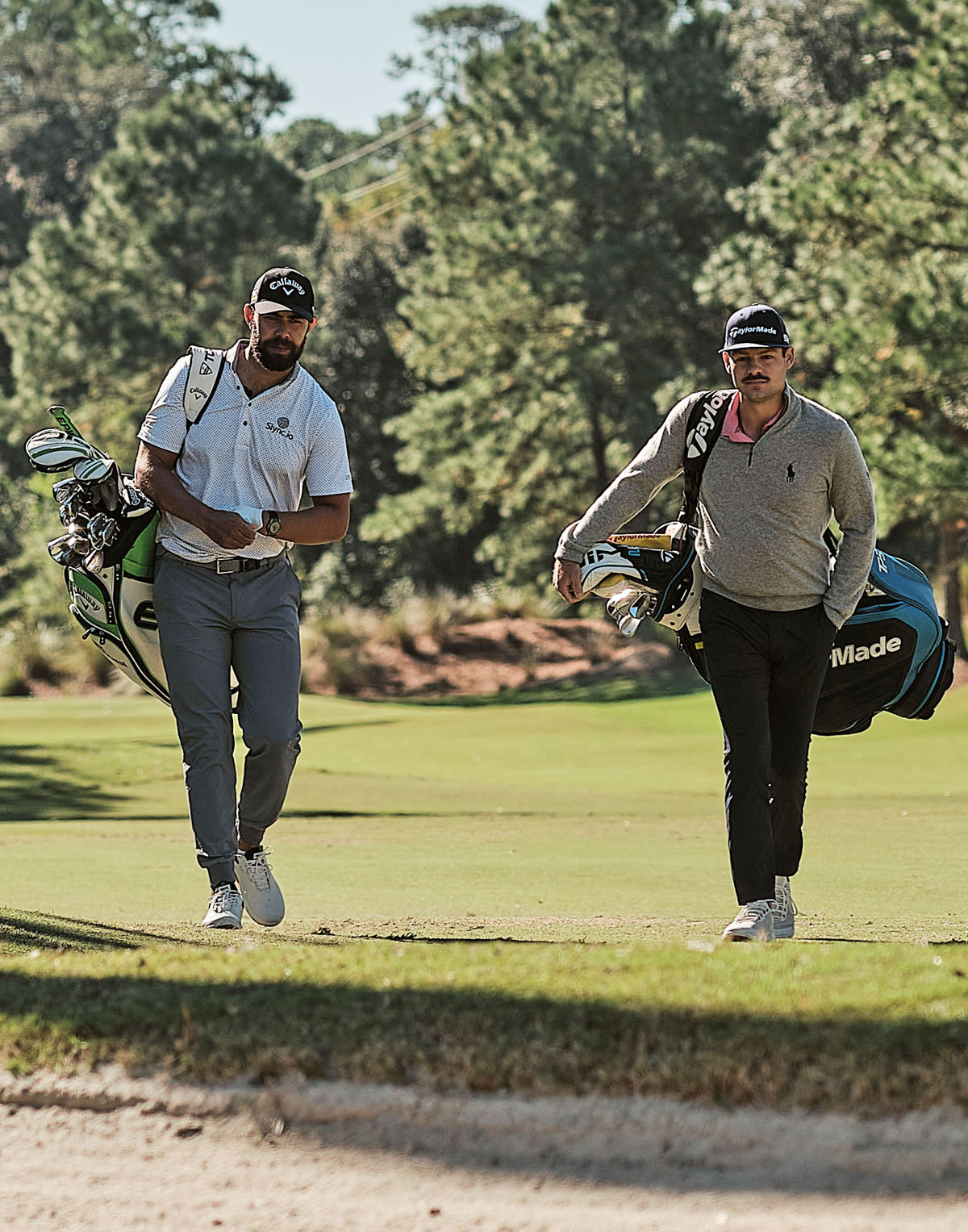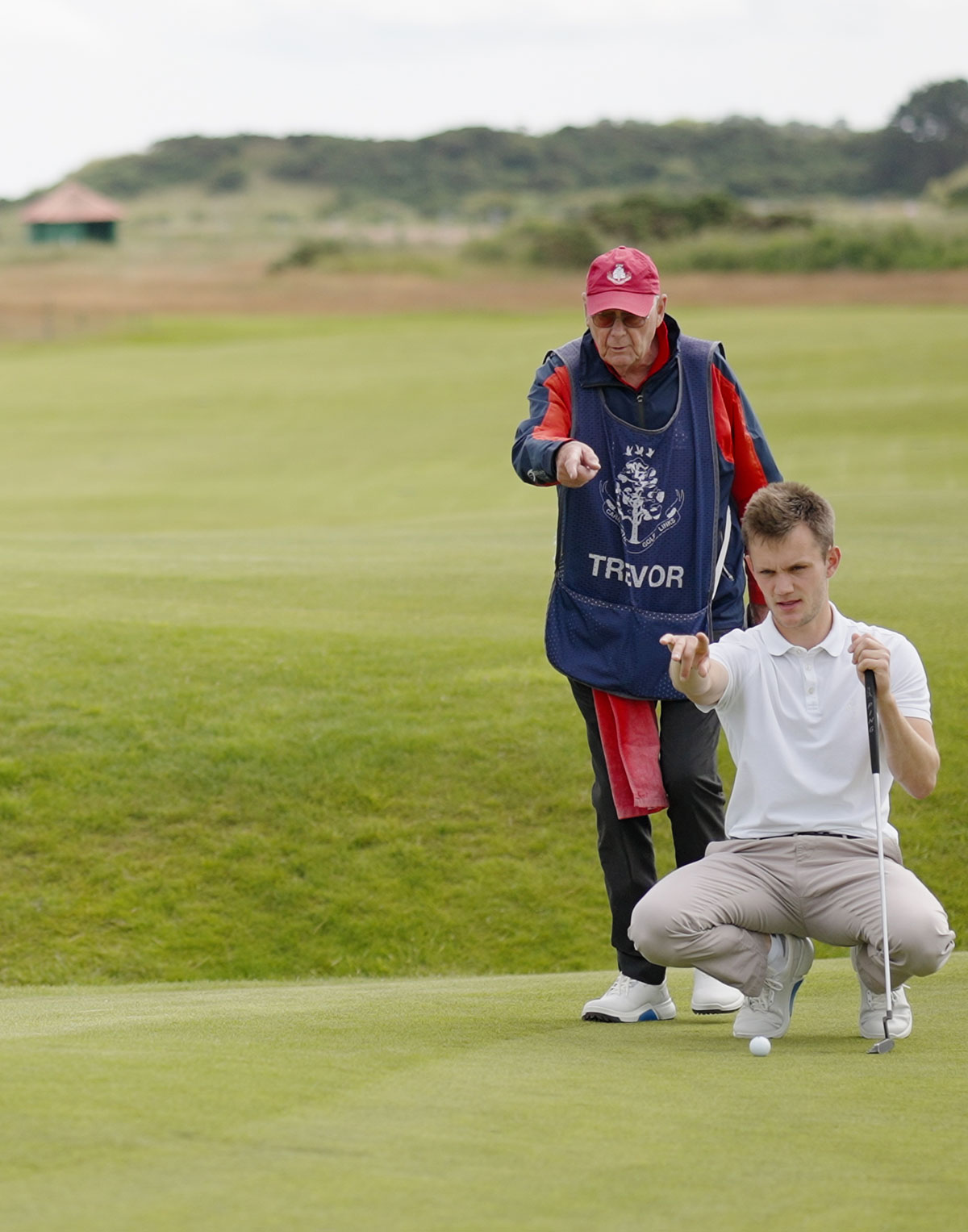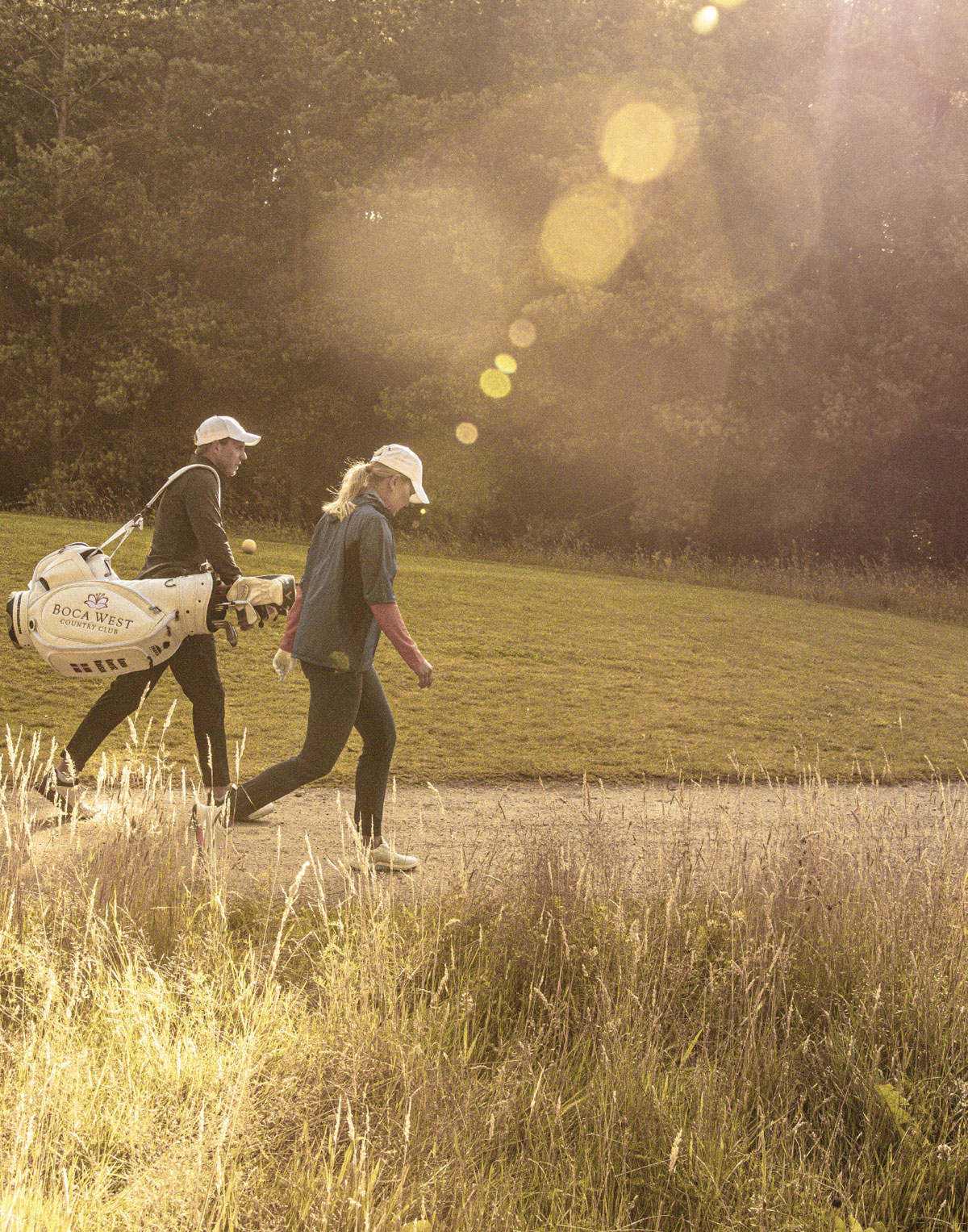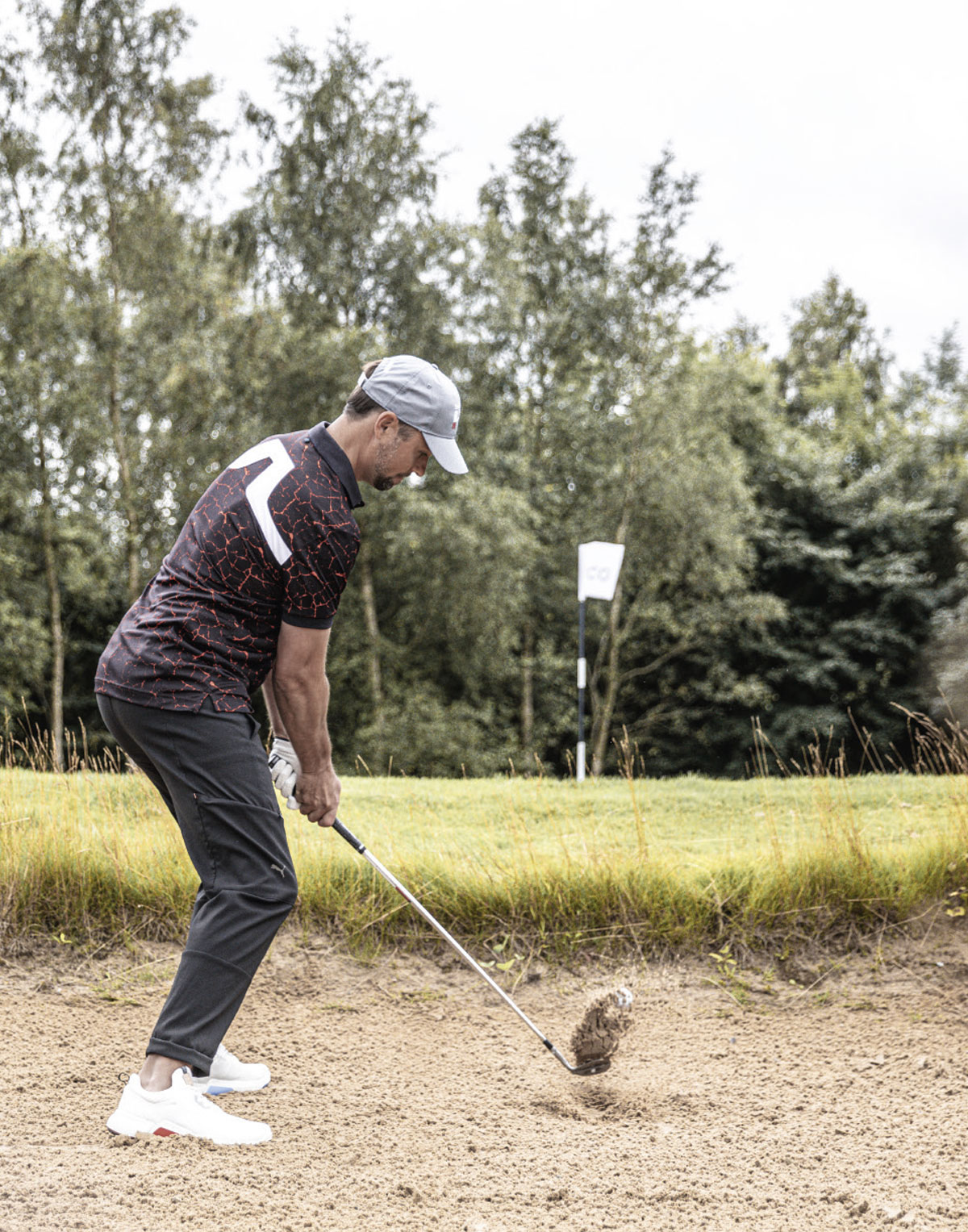
Know your way around: Nobody is able to play golf while being stressed out.
Steven Jeppesen
Make your practice count
During my time on Tour I've learned to adapt quickly to new venues and constantly changing environments. Here's how you also can make the most of your limited practice time before a tournament away from home.
Professionals have a short list checklist when they play a golf course for the first time. A lot of those guidelines can be valuable for amateur golfers as well so why don't you give it a try the next time you play a a tournament at an unfamiliar venue?

- Know your way around the clubhouse. Make sure you know how to get from the parking lot to the clubhouse, because that is where you need to sign in for the tournament. You should also check how long it takes to walk to the driving range and the practice facilities. Sometimes that can be a ten minute walk and you have to take that into account to not have to run to the first tee and be all stressed out before your first shot of the round. You need to check the conditions of the course before your first tournament round and find out if the fairways will play rather soft or fast. That has a huge impact on your strategy. For example: if it's 240 yards to reach a bunker off the tee you might be able to hit your 3-wood without ending up in the bunker. If the fairways play fast and firm, the same club on the same hole might end up in a bunker. It's important to know how the course will play that day.
- The same applies to the greens. You need to make sure during a practice round if they will be receptive to your shots or rather hard and bouncy. That has to play a role in club selection later on.
- During the first practice round before a tournament you should also check out the condition of some fairway and greenside bunkers. It's not enough to check the practice bunker besides the chipping green. Those traps are rarely maintained the same way the bunkers out on the course are because most of the golf clubs don't have the workforce to do this. You need to check: Is there a lot of sand in the bunkers or just a little? How does the sand react to different shots out of bunkers? It's important to try this on the course to get rid of any guesswork later when every stroke counts.
- I don`t pay too much attention to the speed of the greens while putting during a practice round because most venues will save the grass on the greens and will cut it further down between tournament rounds so the greens will quicken as the week progresses. While practicing on the course, I try to hit a couple of putts to areas of every green where I think the pins will be placed later on just to see how the ball reacts. Speed is not a priority at that stage.
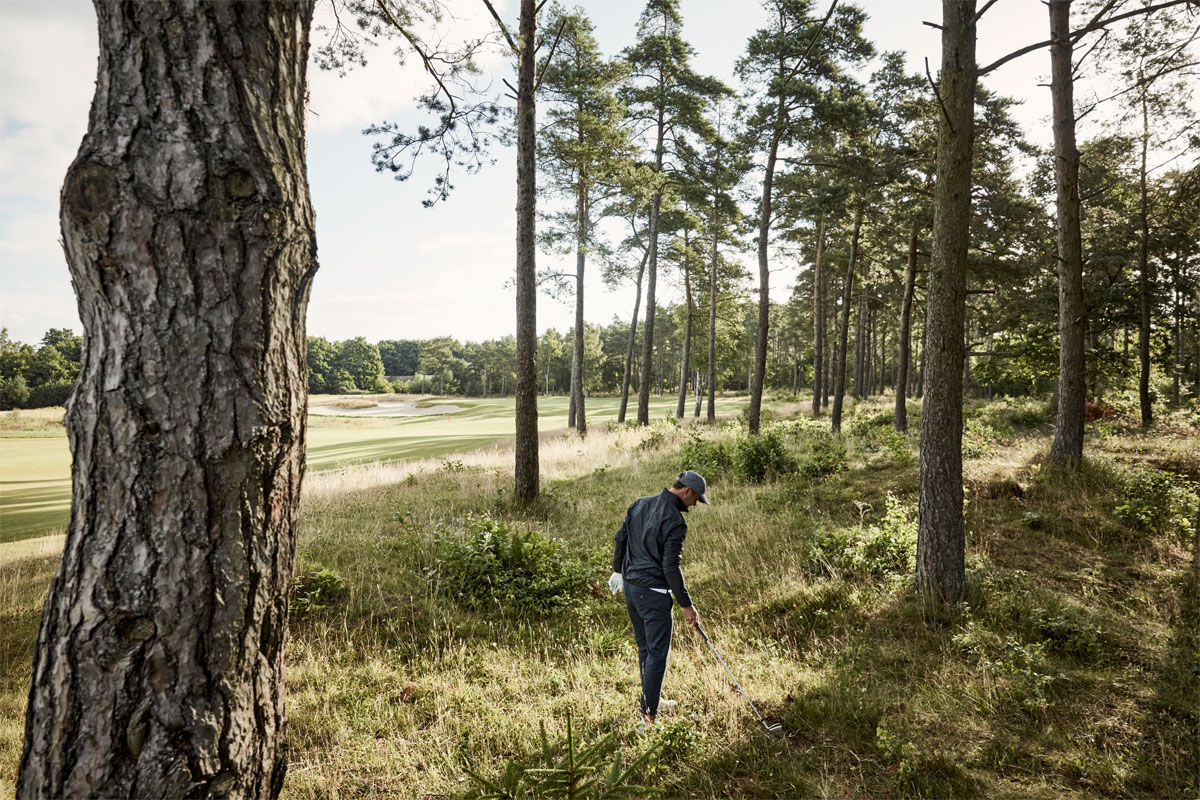
BE FLEXIBLE
After a warm-up session and a practice round you should be able to formulate a game plan and a course strategy for the following tournament. But it's important to know that such a plan is not set in stone. Wind and weather can change and maybe there will be excellent weather the next day so your ball will fly further. Plans and strategies should always be subject to change. You have to be flexible during a tournament round.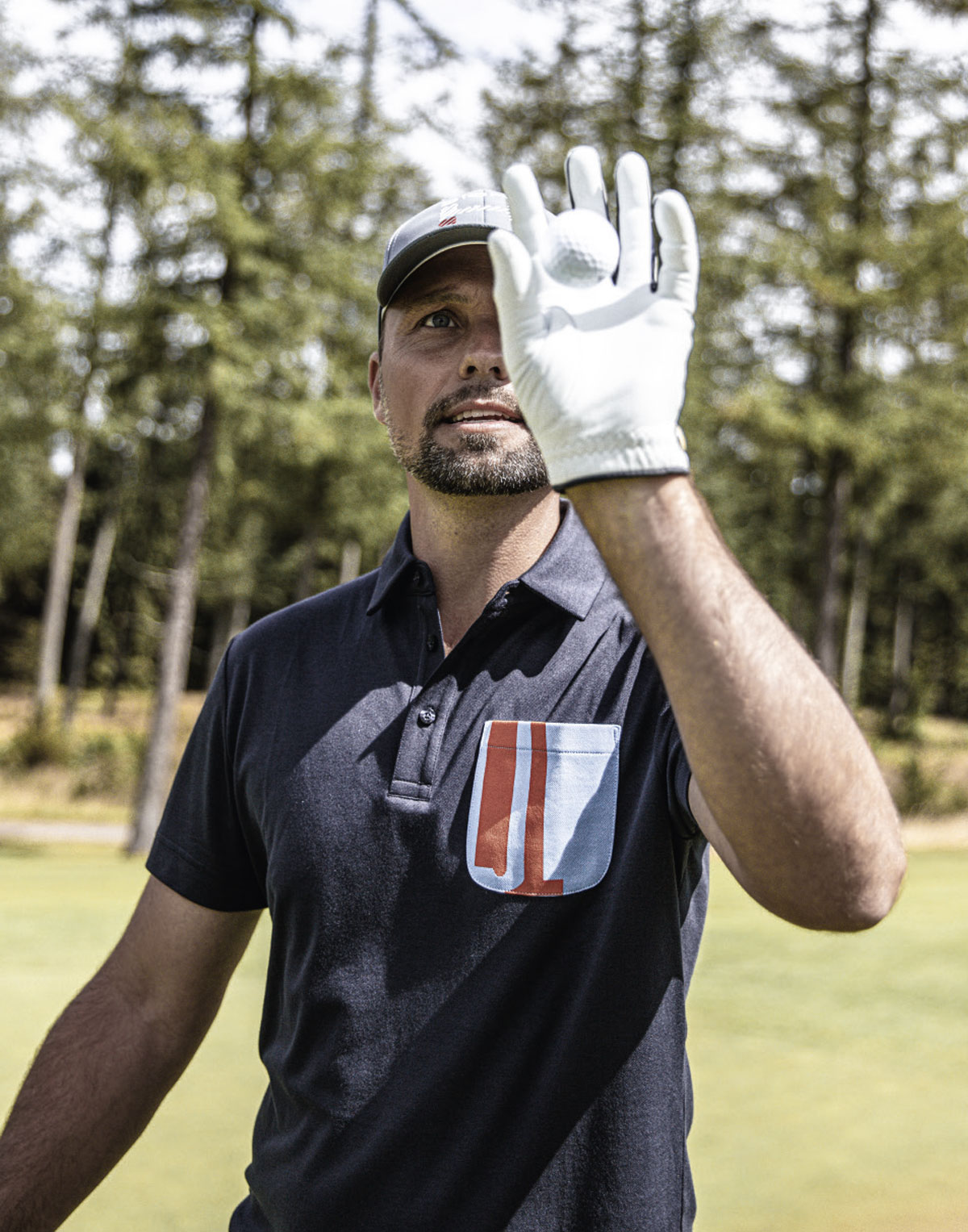
LEARN FROM THE BEST
There are certain things you can learn from the best players in the world. You rarely see the best out on tour play their best score of the week during round 1 or 2. They work their way up during the week because you can't win a tournament o the first day, but you can definitely lose it. As good golfers become more familiar with a venue and have a better understanding of where to miss and where not to, they are able to play more aggressive. That`s why the scores tend to get better on weekends even if the pin placements might get harder too.KNOW YOUR GAME
For average amateur players with handicaps of around 18 some of those suggestions might seem a bit over the top. But even if you struggle to break 90 on a regular basis, some rules should also apply to you and the most important is: know your way around. Nobody is able to play decent golf while being stressed out. As an 18 handicap I would recommend you find a game plan that makes sure you don't hit your ball into trouble off the tee. If there are bunkers in the way on certain holes, make sure to hit a club that will not reach the sand because a shot from a bunker will likely mean you lose strokes against your opponents.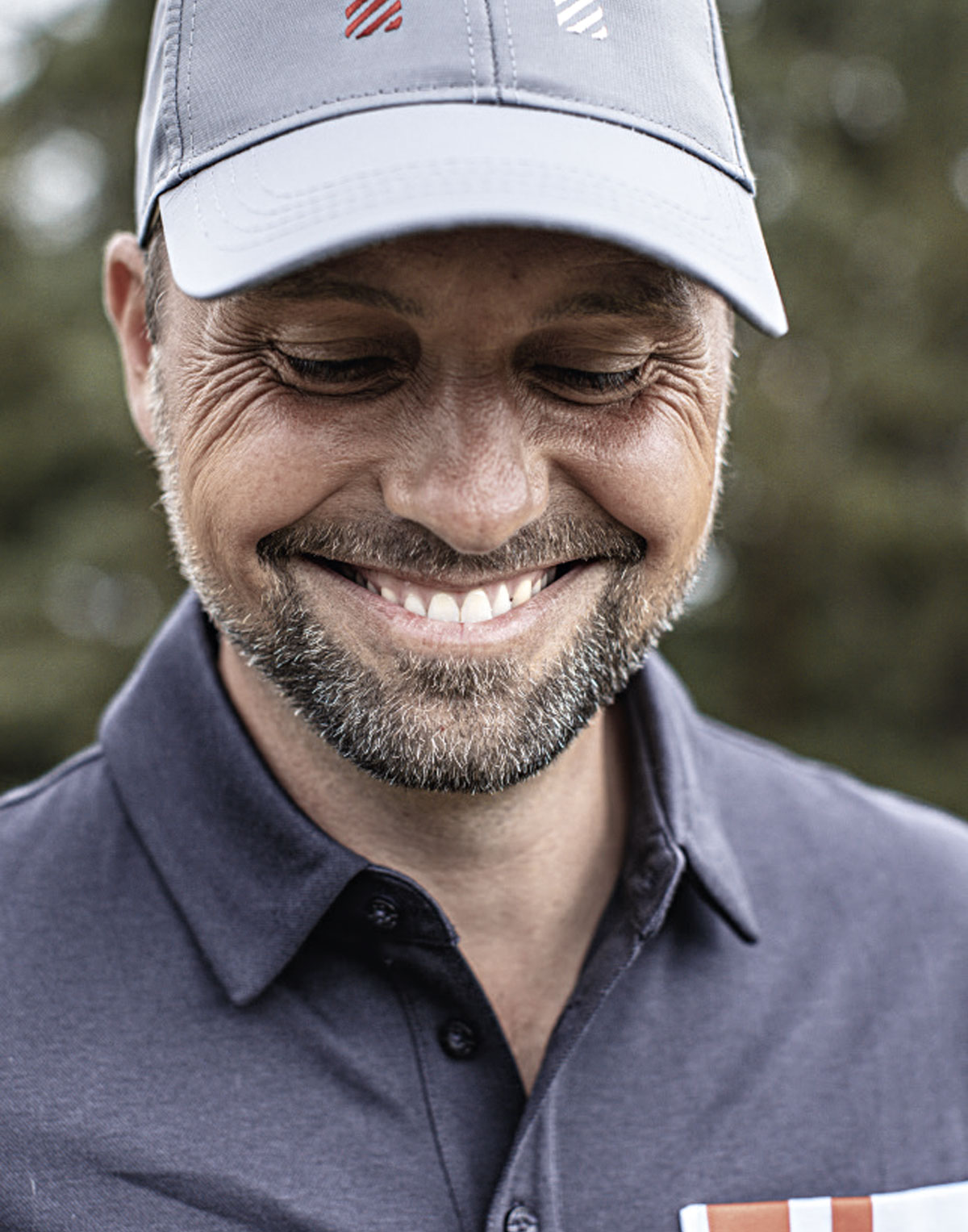
Steven Jeppesen
Nationality: Sweden
Age: 36
Turned professional: 2003
Career wins:
- 2000 Junior Open Championship (Amateur)
- 2002 Junior Masters Invitational (Amateur)
- 2011 PEAB PGA Grand Opening (Nordic Golf League)
- 2011 Gelfe Open (Nordic Golf League)
- 2014 Mediter Real Estate Masters
